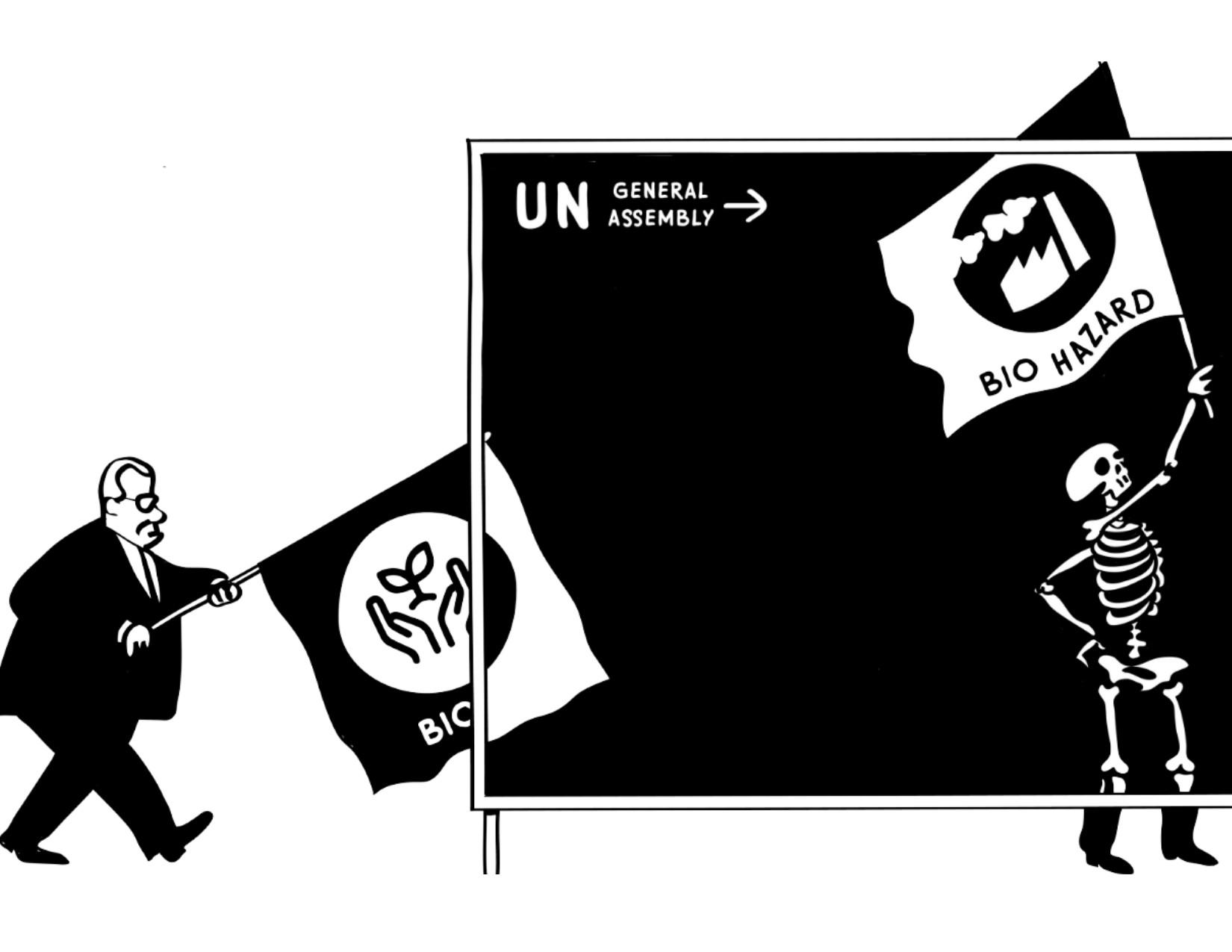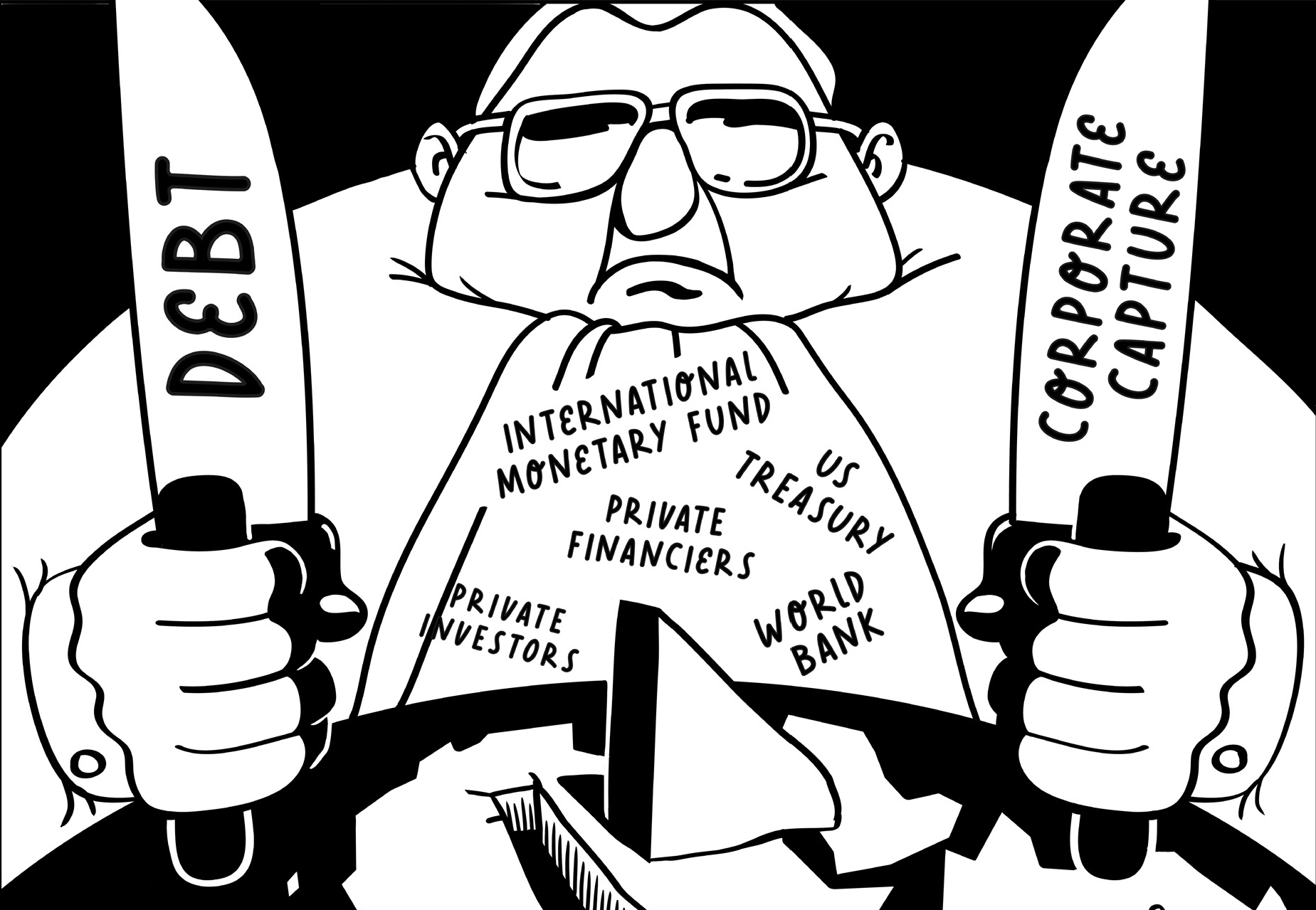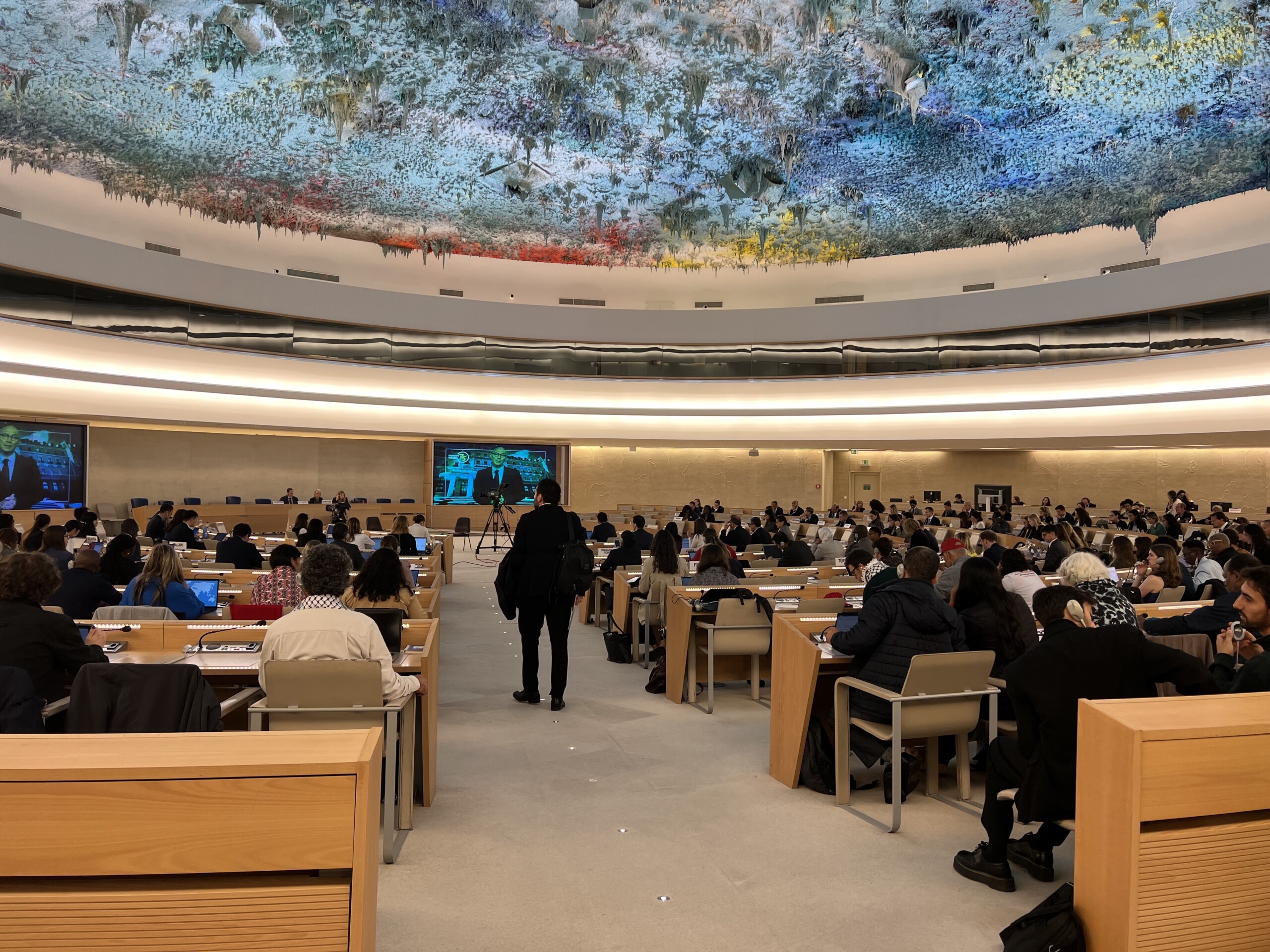Amid widespread corporate impunity and ongoing corporate capture of public decision-making spaces, ESCR-Net has been working collectively over the past five years for a UN treaty to regulate, in international human rights law, the activities of transnational corporations and other business enterprises. The legally binding instrument would bring us a step closer to stopping corporate capture and ensuring accountability in corporate-related abuses and violations. With the wealthiest 1% growing their influence on the multilateral decision-making spaces such as the UN, the treaty process is threatened by corporate capture. Corporations have been given privileged access to multilateral decision-making spaces and, therefore, have had a substantial impact on their outcomes, often through corporate lobbyists and associations who act as official advisors to both multilateral and multistakeholder(link is external) processes. These are spaces where the rights of people are on the line but where the 1% actively seek to undermine our rights to maximize their profits. We must not allow this to happen.
The Project Advisory Group on Corporate Capture (PAG) of CAWG has been working on strategies to overcome corporate capture for several years. In this process, members have identified – several manifestations of corporate capture. The manifestations of corporate capture of multilateral platforms include policy and legislative interference, ‘revolving door’ practices where corporate employees become government representatives in decision-making spaces such as the UN to benefit the wealthiest 1%, or in the form of ‘economic diplomacy’ where States prioritize the interests of these corporate elites over the rights of the 100% of the world’s population.
Over the past few decades, we have seen an increased normalization of corporate capture through the discourse and institutions of multistakeholderism, which insert corporations with vested economic interests into policymaking processes and enhance their already augmented access and voice in decision-making. This capture has been further fuelled by the growing dependence of multilateral institutions on private funding, a product of governments’ failure to pay their ordinary contributions to multilateral institutions, their earmarking of funds for issues that advance their (and their corporations’) interests, and falling tax revenues/public funding during the era of neoliberalism. Below are several examples of corporate capture of international policy spaces that exemplify this troubling trend.






